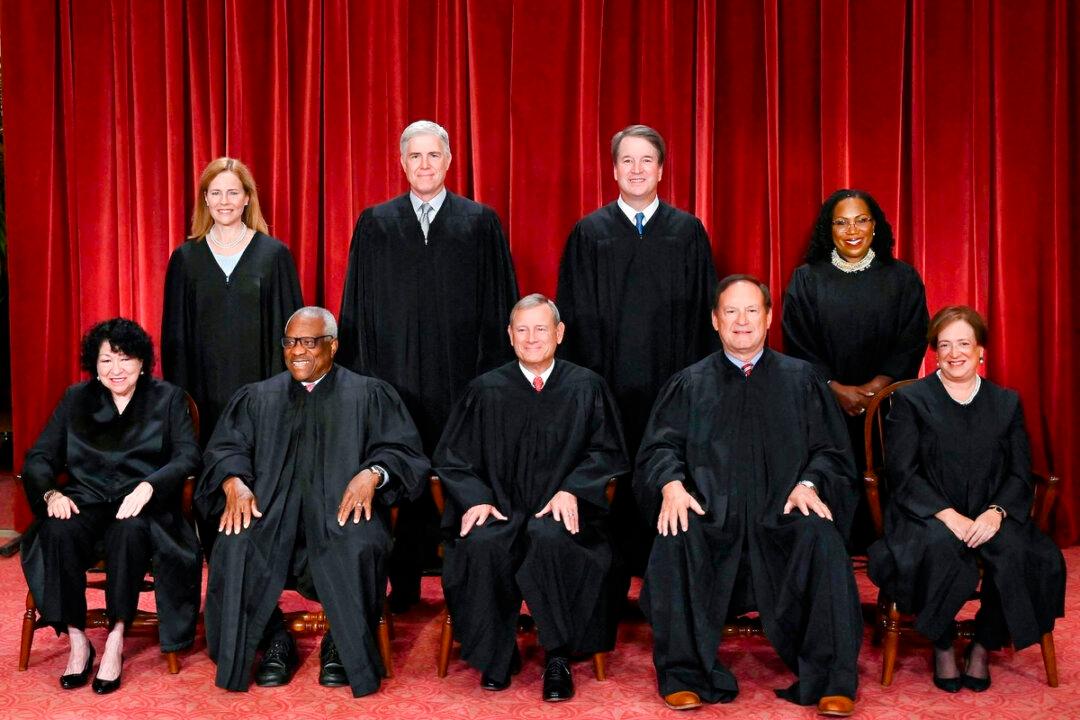The U.S. Supreme Court seemed inclined on Jan. 15 to allow a Texas law requiring age verification to access porn websites to stand.
The court heard more than two hours of oral argument in Free Speech Coalition Inc. v. Paxton.

The U.S. Supreme Court seemed inclined on Jan. 15 to allow a Texas law requiring age verification to access porn websites to stand.
The court heard more than two hours of oral argument in Free Speech Coalition Inc. v. Paxton.